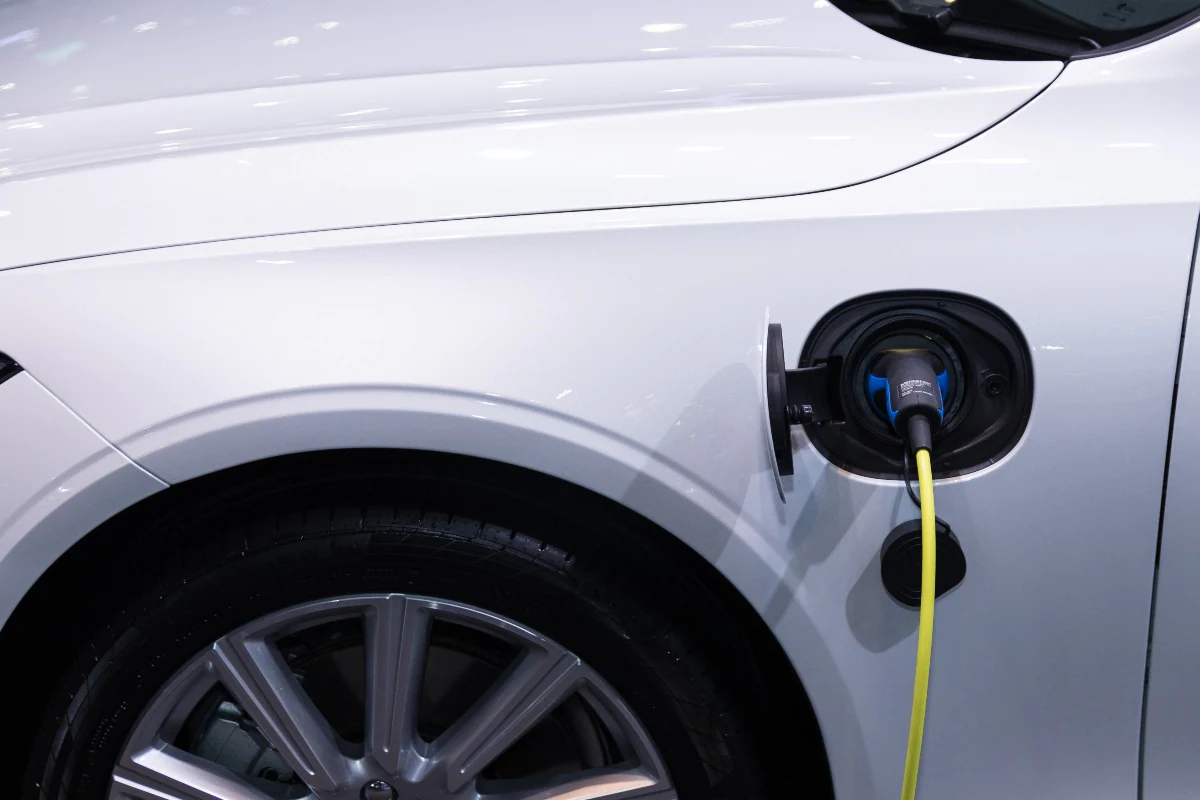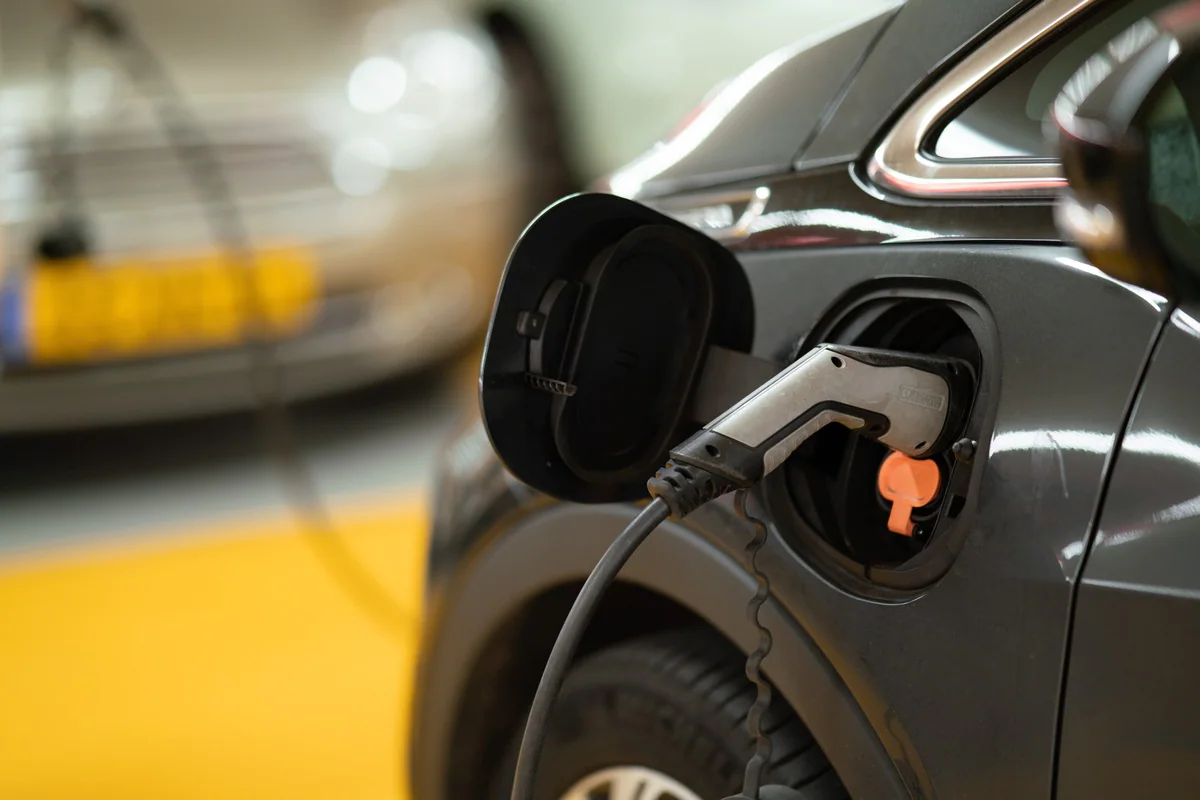The future of transportation in India will be electric, thanks to the government’s latest campaign to go green. With over 10 million vehicles sold each year, India has one of the highest sales volumes of passenger vehicles globally. As such, the country is also one of the largest contributors to global warming due to its growing vehicle fleet, accounting for up to 25% of greenhouse gas emissions in some years. It doesn’t help that gasoline and diesel prices are highly volatile and often cause chaos on the roads during hikes in prices, making them less than ideal fuels for day-to-day use.

Why EV’s are good for you?
Over a period of time fossil fuels have polluted our air and hurt our environment. Greenhouse gas emissions, increased vehicle exhaust fumes and other harmful pollutants have affected us all. EVs can help keep our environment clean, which is one less thing we need to worry about! But that’s not all. EVs are also much better for your pocket than conventional vehicles. How? It starts with cost. EV’s generally require less maintenance because there are fewer moving parts compared to traditional engines. This means you get more miles per charge and save on overall fuel costs – especially over long distances. A 10-year old EV will still be able to run as efficiently as it did when it was brand new thanks to these reduced maintenance requirements. This should definitely play a role in any major purchasing decision you make!
Cost Comparisons
Apart from gasoline, EVs are much cheaper than conventional cars. The cost-effectiveness of an EV depends on a lot more than just its purchase price. Because EVs run on electricity and recharging stations are easily accessible, you can drive for very little cost. The lower fuel costs make them attractive to many drivers; all they have to do is plug into any electrical outlet or charging station and fill up their batteries. Given that EVs require less maintenance than traditional vehicles, they’re also considered cheaper on that front. For example, road salt—used in winter weather conditions—can damage engine parts such as valves and belts in internal combustion engines. By contrast, no part of an electric car needs regular service.
Charging Infrastructure
India’s electric vehicle charging infrastructure is still in its infancy. There are only a handful of charging stations across key cities like Delhi, Mumbai, Bengaluru and Pune. However, given that there is a push to move towards greener mobility solutions it can be expected that there will be an increase in such infrastructure. This will help people adopt EVs and reduce emissions. Also, with manufacturing being set up locally, things can change drastically over time and we may soon see an EV revolution here! It’s worth noting that some car manufacturers also have their own charge-point networks in place, wherein they offer to setup chargers at customer locations for free or at minimal cost.
When to go Green?
Going green is a popular way to describe efforts to reduce an individual’s carbon footprint. However, just because something is environmentally conscious doesn’t mean it’s cost-effective or practical—like driving a hybrid instead of a gasoline-powered car, or purchasing all organic products. Be sure to consider your options: are there compromises you can make that don’t drastically change your lifestyle? Do you have access to services such as public transportation? Are there ways to minimize your impact on Mother Nature without sacrificing quality of life?
How is Tesla Changing the Game?:
Tesla is what Apple would have been if they had decided computers were more important than music, according to technology columnist Farhad Manjoo. The future of transportation may be electric, but how quickly will EV become mainstream? How will they affect our environment and our economy?
Questions to ask before buying a new car
1. What’s your purpose for buying a car? How far do you plan to drive, and what kind of weather will you be driving in? This is an important consideration for long-term vehicle costs, as well as daily comfort.
2. Do you care about fuel efficiency? If so, plug-in hybrids or all-electric vehicles might suit your needs best—but they also come with higher price tags than conventional gas vehicles.
3. How much space do you need? A hatchback like the Toyota Yaris might suffice for daily errands around town, but it probably isn’t big enough to store items that won’t fit inside a standard sedan or truck.
4. How many people are you planning on carrying on any given trip? With seven seating options across three lines (Civic Sedan, Civic Coupe and Civic Hatchback), Honda has something that fits nearly every lifestyle.
5. Can range anxiety dissuade you from electrified vehicles?




